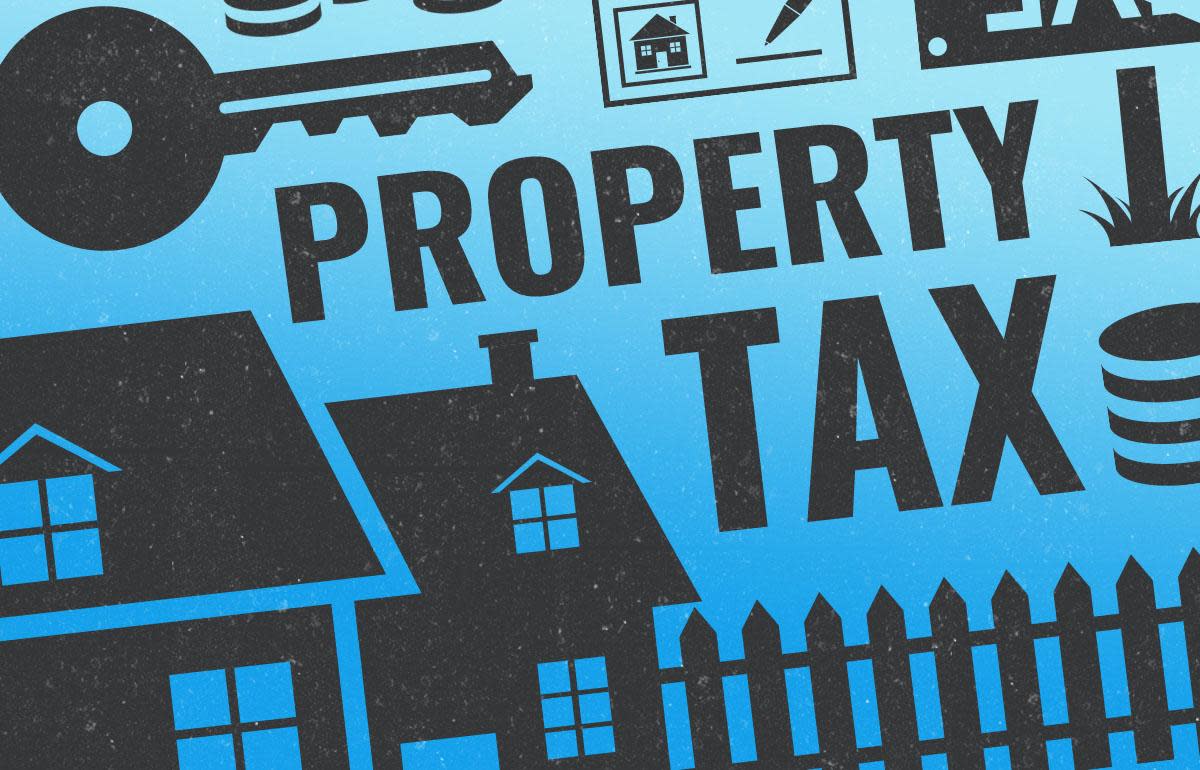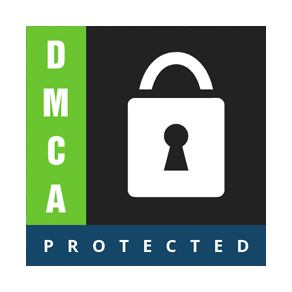When buying a home, many first-time buyers focus on the price, mortgage, and down payment—often overlooking one important ongoing cost: property taxes. These taxes can significantly affect your monthly budget and long-term investment. Understanding how they work helps you plan better and avoid surprises.
In this blog, we explain everything buyers need to know about property taxes—how they’re calculated, paid, and what impacts their cost.
What Are Property Taxes?
Property taxes are annual taxes paid by homeowners to their local government, usually based on the value of the property. These taxes help fund community services like schools, roads, emergency services, and more.
They are typically collected by local or county governments and are a legal requirement for all property owners.
How Are Property Taxes Calculated?
Assessed Value of Your Property
Local authorities assign a value to your home, known as the assessed value. This is usually a percentage of the market value.
For example, if your home’s market value is $300,000 and your area uses 80% of market value for assessment, your assessed value is $240,000.
Local Tax Rate
Each municipality sets a tax rate, often called a mill rate or millage rate. This is usually a figure per $1,000 of assessed value.
For example, if your local tax rate is $15 per $1,000, and your assessed value is $240,000, your annual tax would be:
$240,000 ÷ 1,000 × 15 = $3,600
What Do Property Taxes Pay For?
Property taxes are essential to maintaining public services. These often include:
- Public schools and libraries
- Fire and police departments
- Local road maintenance
- Waste collection
- Parks and recreational facilities
As a homeowner, you directly benefit from many of these services, which makes paying property taxes a civic duty as well as a legal one.
When and How Do You Pay Property Taxes?
Payment Methods
- Escrow through mortgage: Most homeowners pay property taxes monthly through their mortgage lender via an escrow account.
- Direct payment: If you don’t use escrow, you’ll pay your taxes directly to the local tax office—usually annually or semi-annually.
Due Dates
Each state or county has different due dates. Always check with your local tax assessor’s office to avoid late fees or penalties.
Can Property Taxes Change Over Time?
Yes, they can and often do. Here’s why:
Property Reassessment
Your property may be reassessed periodically. If its value increases (due to market trends or home improvements), your taxes may go up.

Changes in Tax Rates
Local governments may adjust tax rates to cover new budgets or improvements in community services.
New Levies or Special Assessments
Occasionally, new taxes are added for specific local projects, such as school renovations or road expansions.
Ways to Lower Your Property Tax Bill
Apply for Exemptions
Many regions offer property tax exemptions for:
- Seniors
- Veterans
- Disabled individuals
- Primary residences (homestead exemption)
Challenge Your Assessment
If you believe your assessed value is too high, you can appeal it through your local assessor’s office with proper documentation.
Avoid Over-Improving
Major home upgrades can increase property value and raise taxes. Consider the impact before starting expensive improvements.
Property Taxes When Buying a Home
Included in Closing Costs
Property taxes are often prorated at closing, meaning the buyer and seller split the cost based on how long each owns the home during the tax year.
Check Local Rates
Before buying, research local property tax rates. A home with a lower purchase price in a high-tax area may cost more monthly.
Ask Your Agent
A knowledgeable real estate agent can explain estimated tax costs and ensure you’re aware of any exemptions or reassessments in your future area.
Conclusion:
Property taxes are an essential part of homeownership. While they may seem complicated at first, understanding how they work gives you a financial advantage and peace of mind.
By staying informed and planning ahead, you’ll be better prepared to handle this responsibility and make confident decisions when buying a home.
Read More Top Strategies to Grow Your Real Estate Brand
FAQ’s
Yes, tax rates may change annually due to municipal budget changes, local improvements, or shifts in government funding needs.
Most properties are reassessed every 1–5 years depending on local regulations, market conditions, or property improvements.
Yes, property taxes are prorated during home purchase and typically included in closing costs shared by buyer and seller.






